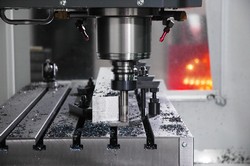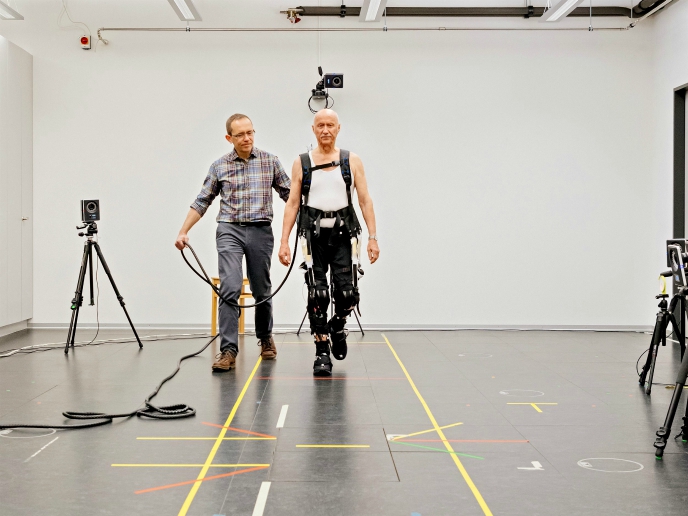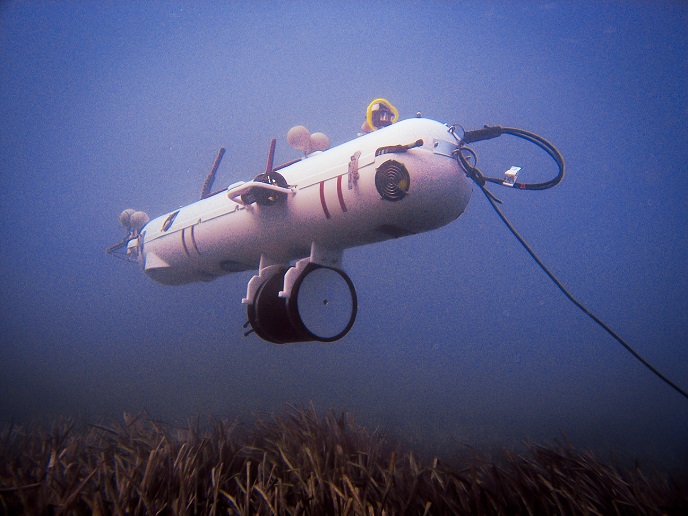For minimum vibrations in machining processes
Machining stability is traditionally ensured by adapting the parameters of each process to the requisites of the machine, which in many cases causes a drop in production. With the prototypes developed in the project POPJIM (Plug and produce joint interface modules), dynamic features of the machine can be adjusted. During POPJIM, researchers investigated two different approaches to increase the machining capacity. One the one hand, they worked on replacing conventional component joints with a self-configuring and self-optimising mechatronic module. Known as joint interface module (JIM), this active mechatronic junction includes an integrated control system with embedded intelligence to configure the dynamic stiffness of machine tools. This eliminates the need for an operator to change process parameters in response to instabilities. The JIM control system with sensing and JIM actuation is suitable for lightweight structures such as tool holders and small tools. For large tool sizes and machines, researchers developed additional modules for vibration absorption, including an added interface module (AIM). Both JIMs and AIMs communicate with control systems tuning tools and machines through a wireless network. The distributed wireless configuration and control network includes nodes for vibration sensors, a real-time system monitoring unit and a configuration support platform. Importantly, self-tunable JIMs and AIMs have been installed and tested in a POPJIM industrial partner's site. In parallel, theoretical models of active modules were developed to allow accurate predictions of their behaviour under different machining conditions and open the way for further developments. POPJIM research led to the application of patents for the JIM concept implemented in a lathe and a tool holder as well as the AIM concept. Industrial exploitation will ensure high-precision machining of complex products without defects, which is high up in the European factories agenda.







